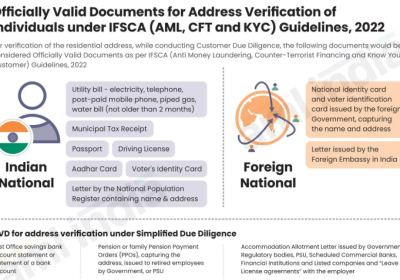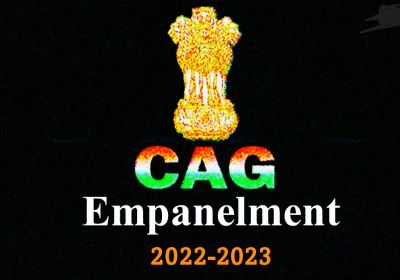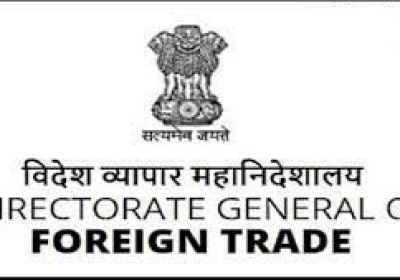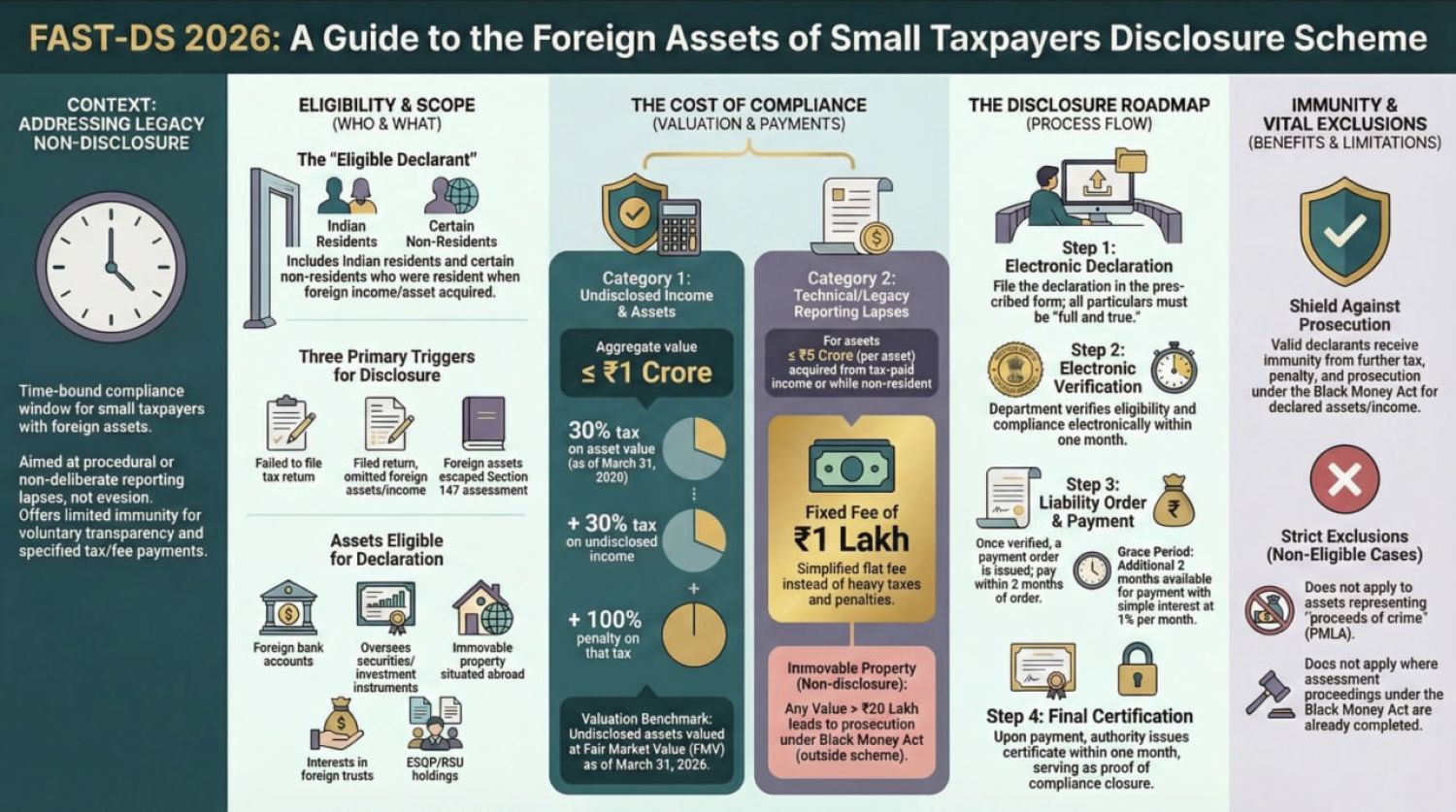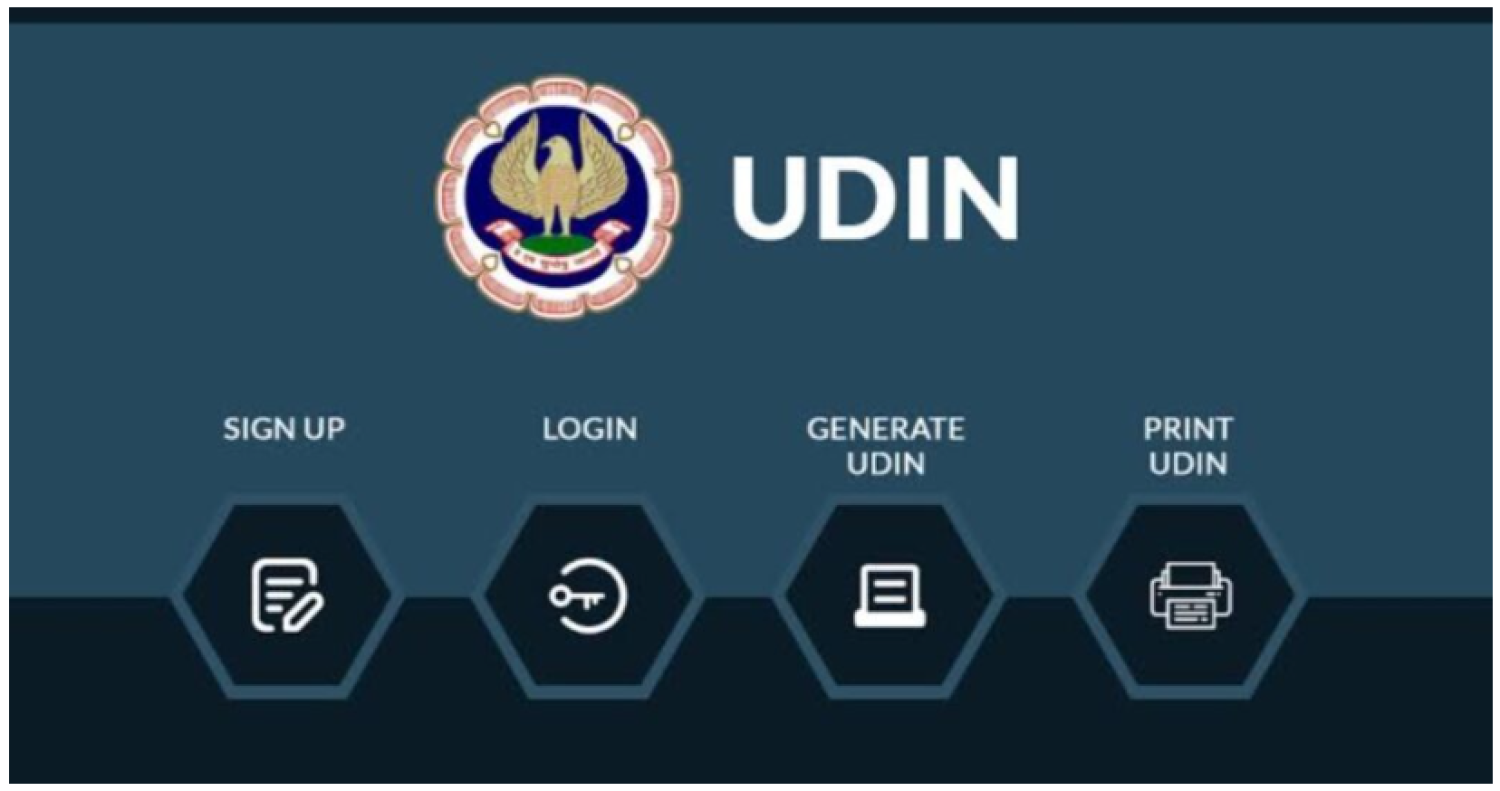Table of Contents

Proposed 5% united nation of america remittance tax on non-citizens,
Its official title is – The One Big Beautiful Bill – but it contains a sting for the lakhs of Indians in the United Nation of America, be they non-immigrant visa holders (like H-1B) or green card holders. Once this bill is enacted, anyone who is not a United States of America citizen and who remits money outside the united nation of America will have to pay a remittance tax of 5%.
Key Highlights of the Proposal 5% US remittance tax on non-citizens,
|
Aspect |
Details |
|---|---|
|
Bill Name |
The One Big Beautiful Bill |
|
Core Provision |
5% remittance tax on all money sent outside the united nation of America by non-citizens (e.g., H-1B holders, green card holders) |
|
Effective Date (If Passed) |
Target: By July 4, 2025, following expected passage by House around Memorial Day (May 26, 2025) |
|
Exemption |
united nation of America citizens are exempt from this tax |
|
Application Example |
Remitting INR 1 lakh to India (~$ 1,200): $60 (₹5,000) tax would go to the IRS |
|
Broader Context |
The bill also aims to: |
Impact on US Proposes 5% Remittance Tax on Non-Citizens
- Direct Cost Increase: NRIs sending regular remittances (e.g., family support, investments, EMIs) will now need to account for 5% extra. For example, USD 10,000/year remitted = USD 500 extra tax/year. Deducted at the time of transfer by banks or money transfer companies and
- No Minimum Threshold: No Threshold: The draft does not mention a minimum exemption limit, so even small remittances may be taxed. Even a USD 100 transfer would be subject to a $5 tax.
- Key Clause (Page 327 of 389): A 5% tax on all cross-border remittances sent by non-citizens, including H-1B, L-1 visa holders, Green card holders, Undocumented immigrants
- Planning Urgency: If you're planning large transfers, it may be prudent to complete them before July 2025. Review your 2025 remittance calendar now.
- Long-Term Financial Implications: NRIs might reconsider sending large sums abroad or restructure investments (e.g., through offshore accounts, foreign branches).
- Others Affected: Migrants sending money to Mexico, the Philippines, etc. and Non-resident investors or temporary workers repatriating earnings
- Exemption: Applies only to “verified US senders” (i.e., US citizens or nationals)
- Policy Criticism: The move is being seen as targeting immigrants, particularly those from countries like India, Mexico, and the Philippines, which account for a large share of united nation of America remittances.

